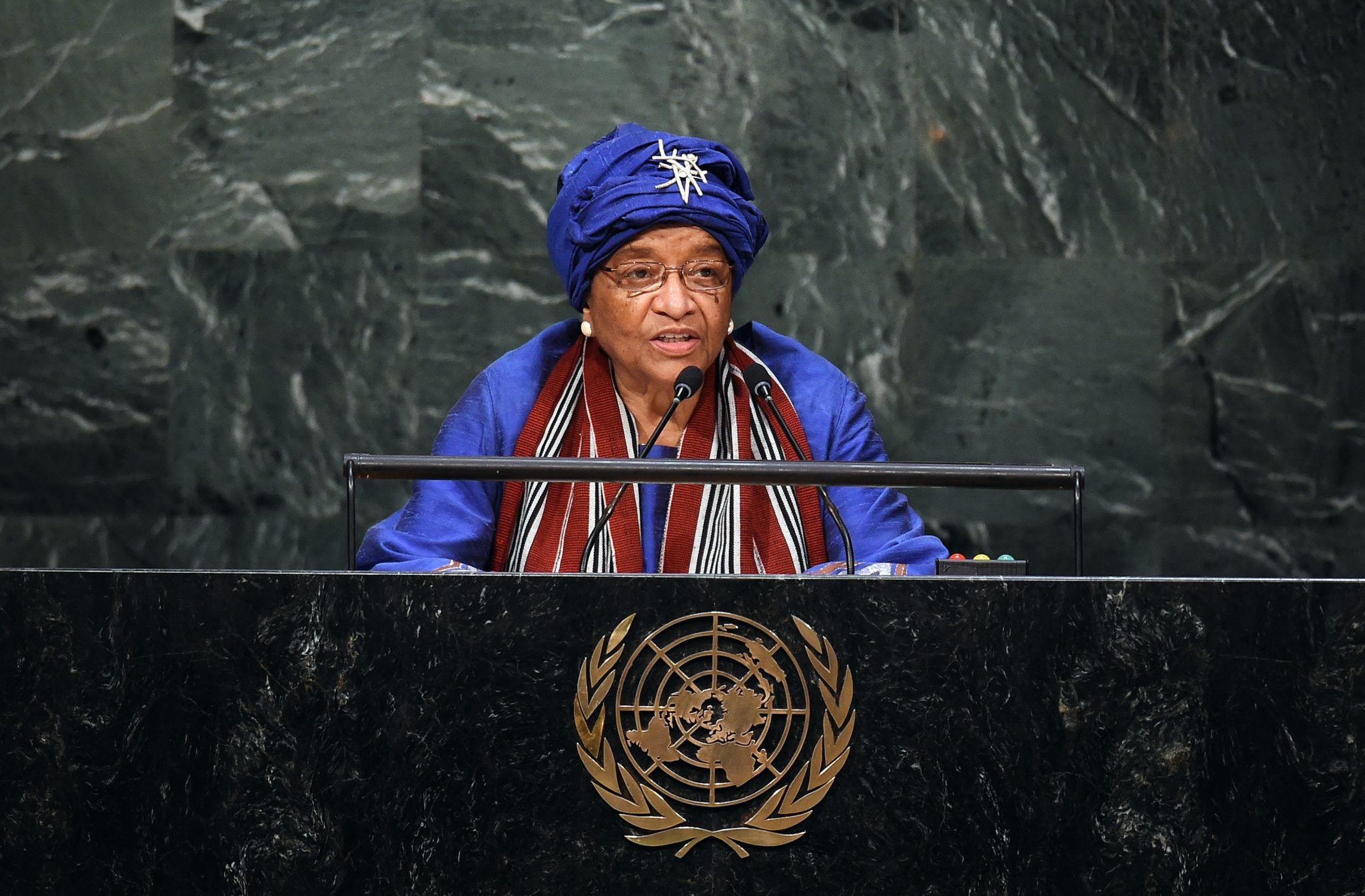Ellen Johnson Sirleaf has an iconic status in Africa and the world. As the first elected female head of state in Africa, she served as the leader of Liberia for two elected terms.
Those terms saw Liberia’s slow and steady march from what was considered a pariah state to a country with what the Mo Ibrahim Foundation calls a “trajectory of progress” that has helped transform its economy, survive the shock of Ebola, and restructure public institutions to respond to the needs of the people.
It is only fitting that FORBES WOMAN AFRICA gets to meet the Nobel Peace Prize winner in Rwanda, a country known for its high representation of women in Parliament, and where Sirleaf is awarded the Ibrahim Prize for Achievement in African Leadership at a special ceremony.
Q. Please share your thoughts on the African Union (AU) self-funding reform goal, the Kaberuka Proposal.
The dependency of the AU on external sources has been the subject of debate for many years, and the thinking of our leaders is that it is better to finance our operations by ourselves and alleviate pressure and dictation from these external sources. On the other hand, we know that to have financial autonomy, every country must be able to contribute consistently. So, the crux of the reform is to change the payment formula and make sure everyone knows they have to pay their part.
Loading...
When it comes to the Kaberuka suggestion, it meets our objective of financing our organization ourselves. However, it does place a burden on the poorer states… So, our position with the Kaberuka plan is to study it some more so when we commit, we do not fall into arrears. We want to see the reform implemented, and for it to include cost-reduction in structural aspects such as travel and positions etc., thus reducing the burden on poorer countries.
Q: Will Africa really be able to tackle illicit financial flows? And with women being conspicuously absent from financial decision-making, yet being the greatest losers on such issues, how do we tackle these discrepancies?
We have to become more accountable and pass stringent mandates in institutions, as well as instill practical capacity to understand the complexities of these financial transactions. Also, we must implement a legal system that will enforce against such flow violations.
Access for women is difficult even in the case of legitimate flows. Even with a growing manufacturing sector and agri-industrial activities usually manned by women, access is still limited, for rural women particularly.
There is a big effort being put in by different regional institutions; in Liberia’s case, GIABA, the Intergovernmental Action Group Against Money Laundering in West Africa, has been analyzing the flows and determining what is illicit.
But it is up to women to stand up and put other women in leadership roles, because the record is clear: women are more credit-worthy when it comes to financial transactions, and this suggests the more women there are heading these institutions, the more we can be assured that regulatory laws will be more effective.
READ MORE: ‘Women’s Leadership Is Under Attack Globally’
Q: What are your plans? How would you encourage young women to follow in your footsteps, or even create their own path?
We are establishing the Ellen Johnson Sirleaf Presidential Center for Women and Development. The activities will center around five themes that will promote women in business; women in leadership; women in fragile states; women in migration; and education for women and girls. We will use the life experiences of women who have excelled in these areas. For the young women, I say to all, be self-confident and pursue your goals…Let us be bold as women.
– Interviewed by Laura Rwiliriza
Loading...
